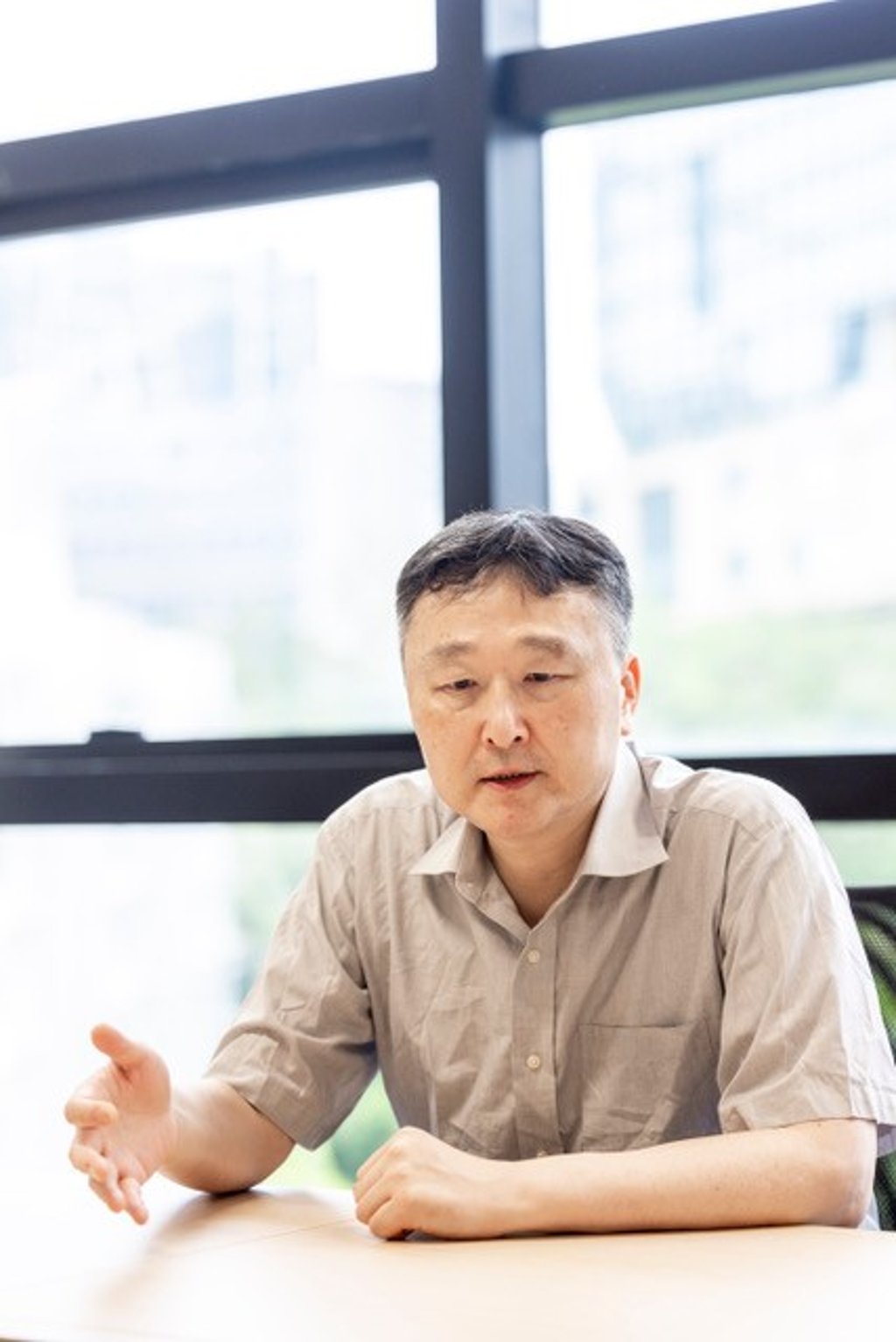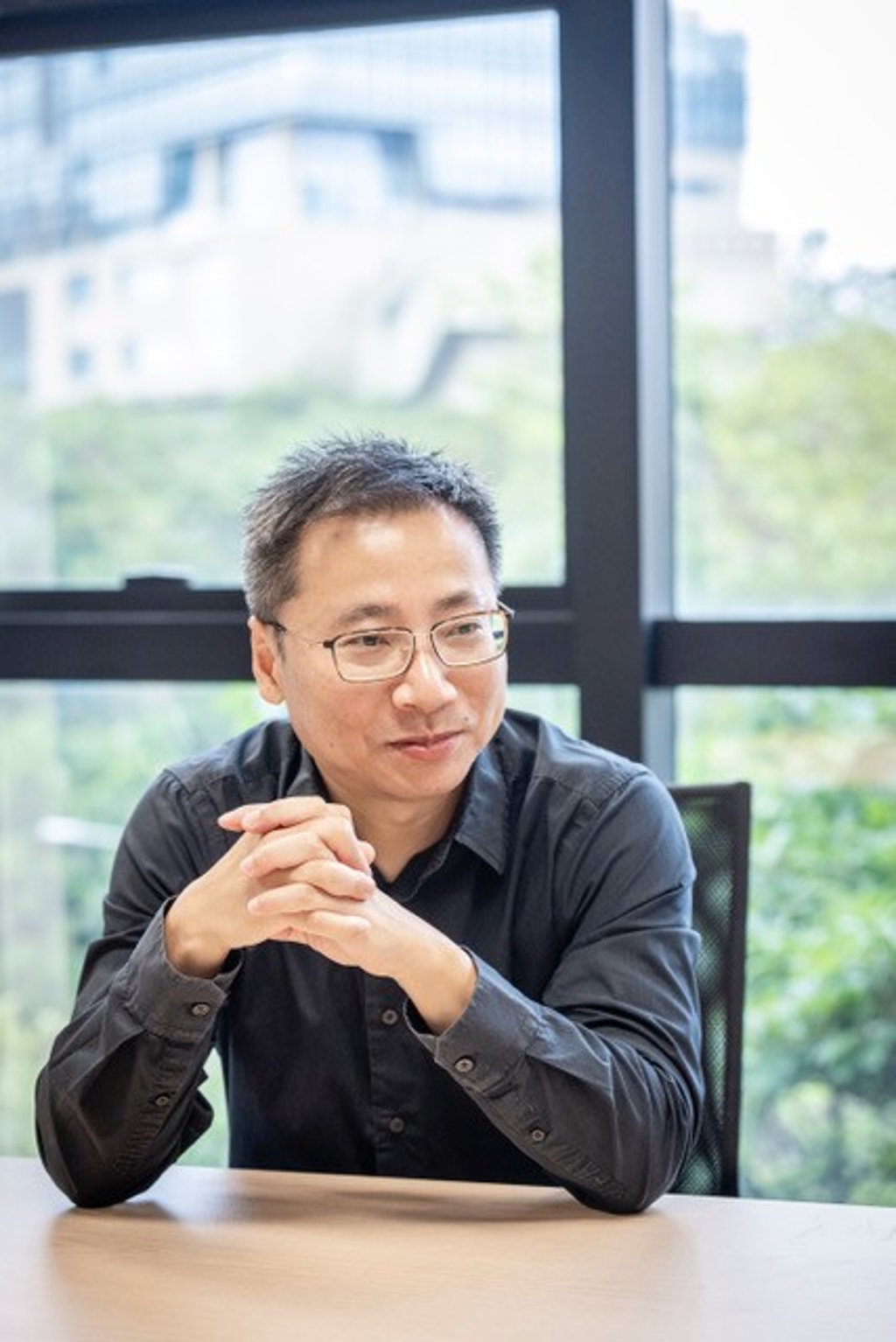HKUST breaks new ground in public policy studies – Technologist
Their set task could involve anything from integrating technology to considering how to improve transport links or housing for low-income families. Each project is not just testing, but also presents the opportunity to put into practice ideas and knowledge learned in class and, crucially, to understand what will or won’t work in everyday situations.
The PAE is seen as a significant factor contributing to the success of the MPP and helps to explain why demand is so high among local, mainland and international students for the 80-plus places available every year.
The stated aim of the two-year, full-time advanced degree is to train students to become effective policy professionals.
This is done through an interdisciplinary program of core courses, electives and case studies plus internships and the extended project. Each module introduces a complex range of challenges facing governments, non-profits and companies around the world, as well as the means of finding viable solutions.
The courses cover everything from data analytics, ethics, and legal issues to economic analysis and management structures. But there is also a deliberate focus on the increasingly important role of science and technology in public policy, and how it can or should be deployed to create smart cities, meet the UN’s Sustainable Development Goals, and generally improve the human condition.
Along the way, students will learn about the cause and effects of major global challenges such as climate change and population ageing. In classes, they can expect to engage in free-flowing debates on the pros and cons of topics plucked from the week’s headlines. And, during internships, they will gain experience of what it takes to formulate and implement policies in situations that can have a transformative impact on housing, healthcare, education, carbo emissions, poverty alleviation and much else.
“A definite strength of the program is the diversity of backgrounds found among faculty members,” says Professor Masaru Yarime, co-director of the MPP, whose own research interests include energy policy, big data, and the emergence of innovation systems. “But we all have two key objectives: to teach the tools and skills needed to analyse problems and methodology; and to ensure students understand the process of actual policymaking.”
Everything comes very much into focus in the second year, when students are actively encouraged to find suitable clients for their PAE, though program staff are ready with suggestions, support and possible contacts if necessary.
“We always aim to come up with new issues and different clients or actors to challenge the students,” Yarime says, “And we make sure they jointly identify an important problem and are keen to work together on it.”
For instance, with Hong Kong about to enter an energy transition, there is much to determine about the types and mix to rely on in future – and how to go about it.
So, if exploring this with a client, students would have to consider the public’s known reluctance to import more nuclear energy, do data analysis of the alternatives, assess the longer-term economic implications, and take due account of the impact on the environment.
Regular meetings every couple of weeks allow supervisors to keep close track of macro and micro aspects of each PAE project, thus ensuring concrete plans and tangible recommendations, which will be presented and questioned in a wrap-up session with faculty members and representatives of the client.
Besides the technical and analytical knowledge covered in core courses and electives, the MPP is vital for explaining any kind of policy initiative, justifying the rationale and presumed benefits, and dealing with problems.

“We have a lot of presentations and debates where students have to deliver a speech with analysis, logic and conclusions,” says Professor Julien de Troullioud de Lanversin, assistant professor in HKUST’s Division of Public Policy. “Debates are especially good because they are more dynamic and you have to convince the other side.”
He notes that these exchanges are a key facet of the overall training since the social scientists in a class come to understand the viewpoint and priorities of the engineers, business graduates, economists – and vice versa.
“In policymaking, you often encounter controversial issues, so the best case studies are those which bring out different opinions,” says de Troullioud de Lanversin, whose areas of specialisation range from nuclear policy and arms control to international security and Sino-US collaboration in science and technology. “For example, the ban on TikTok in the United States relates to policy, technology and geopolitics. And the release of water from the Fukushima nuclear plant is about trade, energy and the environment. Students are immediately interested and everyone has something to say.”

MPP focuses on learning by doing, so there are also site visits, which includes visiting a logistics centre at the airport to see the practical challenges of implementing new technology or regulations, Professor Pengyu Zhu, co-director of the MPP explained. “We want our students to see what can and cannot be done in real-world difficulties, not hypothetical ones, so they can serve as a bridge between government and the private sector and helping both sides understand each other.”
He notes too that as Hong Kong and other cities take bold steps to boost sectors like aviation and tourism, attract new industries and investment, and address inequalities in society, there will plenty of opportunities for those with the requisite skills.
Accordingly, the MPP gives students a global perspective plus an in-depth understanding of the multiple issues policymakers are dealing with in their efforts to form a better and fairer society.
“We need input from young people who can propose something very thoughtful and are able to develop those ideas,” says Zhu, who teaches courses on empirical modelling, econometrics and machine learning. “That is why we take examples from everywhere. Just knowing about Hong Kong doesn’t help if you are trying to advance transportation, housing or urban policy issues.”


